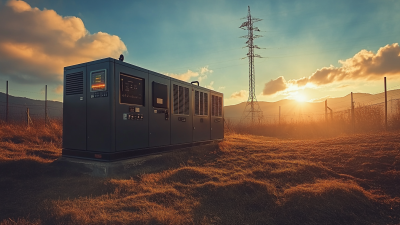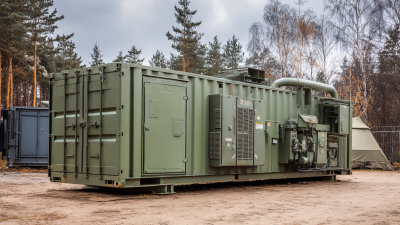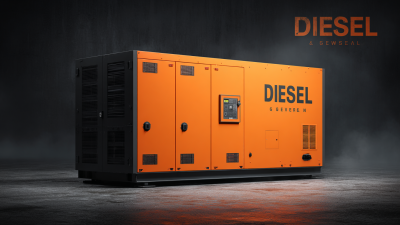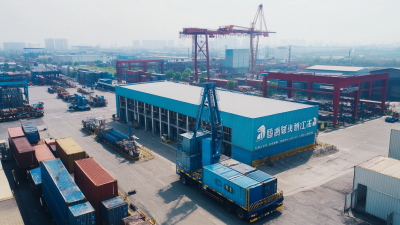
-
Home
-
Products
-
Service
-
About Us
-
Solution
-
Videos
-
News
-
Contact Us
Leave Your Message

When faced with the unpredictability of power outages, investing in a standby diesel generator can provide peace of mind and uninterrupted power supply. Choosing the right standby diesel generator is essential for ensuring that your home or business remains operational during utility failures. With a wide variety of options available, understanding your specific power needs is crucial for making an informed decision.
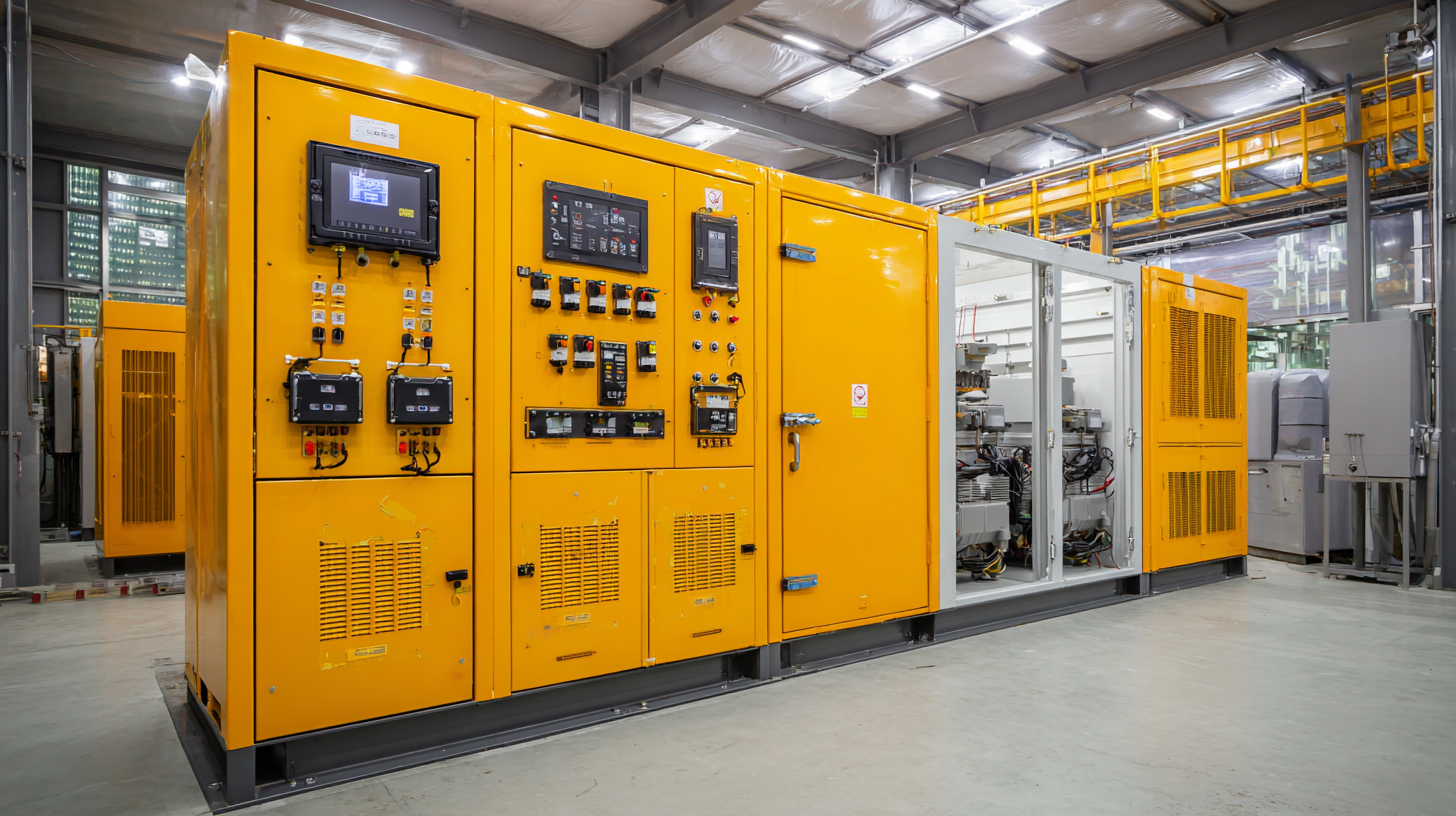
Factors such as wattage requirements, fuel efficiency, noise levels, and overall reliability must be considered to select the ideal generator that not only meets your demands but also fits within your budget. In this guide, we will explore the key aspects you should evaluate while selecting a standby diesel generator, enabling you to make a choice that offers both security and efficiency for whatever challenges may arise.
When selecting the right standby diesel generator, it's crucial to first understand your specific power requirements. Consider the total load that you need to support during an outage. For instance, data centers often choose diesel backup generators due to their reliability and capacity to handle significant power demands. This is exemplified by a recent report stating that a data center in Minnesota plans to utilize an immense number of diesel generators, aiming for a power output comparable to a major energy provider.
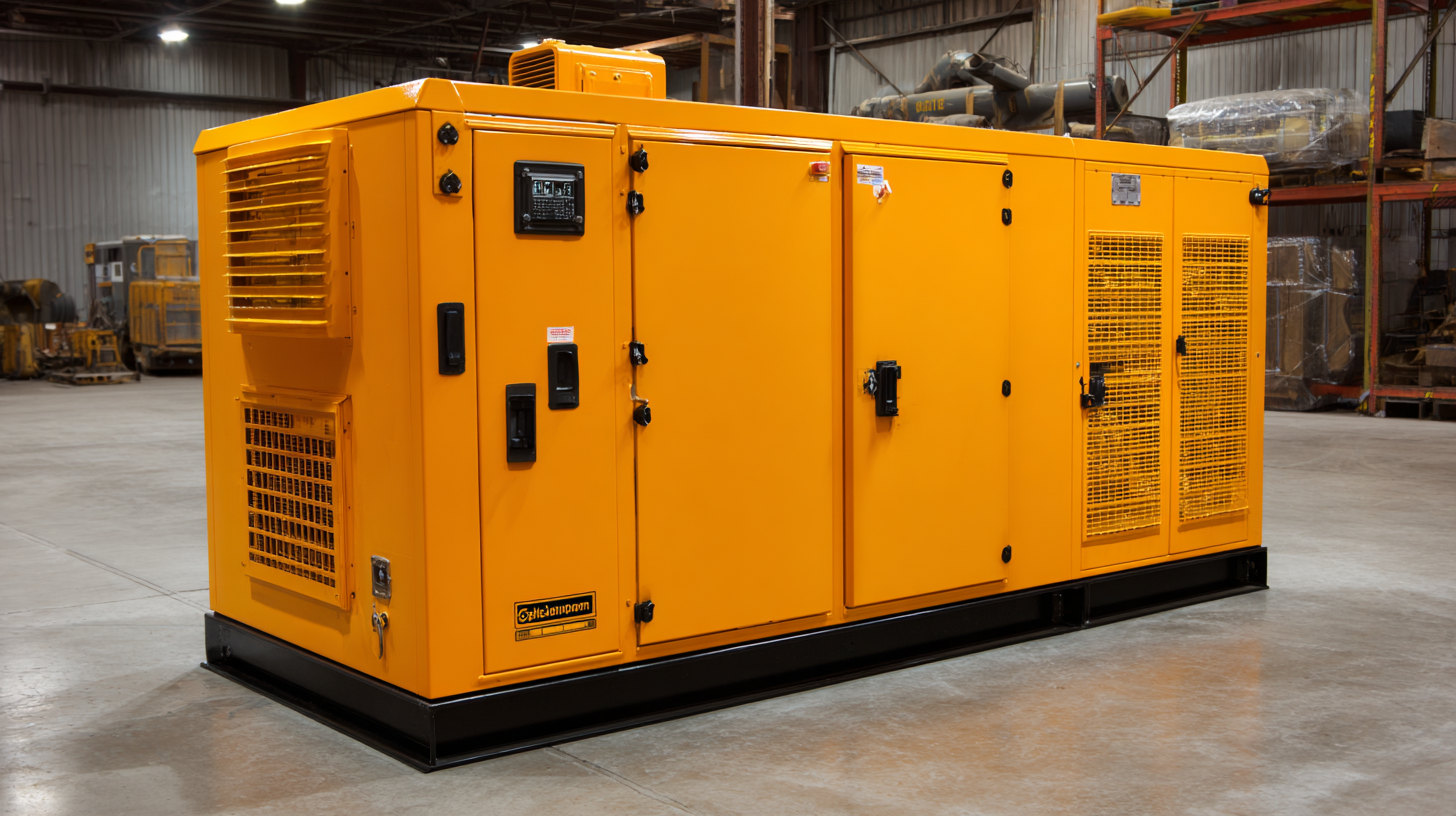
Tips:
Additionally, consider the runtime and fuel capacity of the generator. How long do you anticipate needing backup power? For businesses, such as assisted living facilities that are mandated to have backup generators, ensuring continuous operation during outages is non-negotiable. Diesel generators can provide a lasting solution, but weighing their environmental impact against cleaner technologies is becoming increasingly important in today’s climate.
Tips:
When selecting a standby diesel generator, evaluating the size and capacity is crucial to meet your power requirements effectively. According to a report from the International Energy Agency (IEA), generators should be sized not just based on peak usage, but also taking into account the total connected load and potential future expansions. A well-sized generator typically operates at 70-80% of its rated capacity for optimal efficiency and longevity.
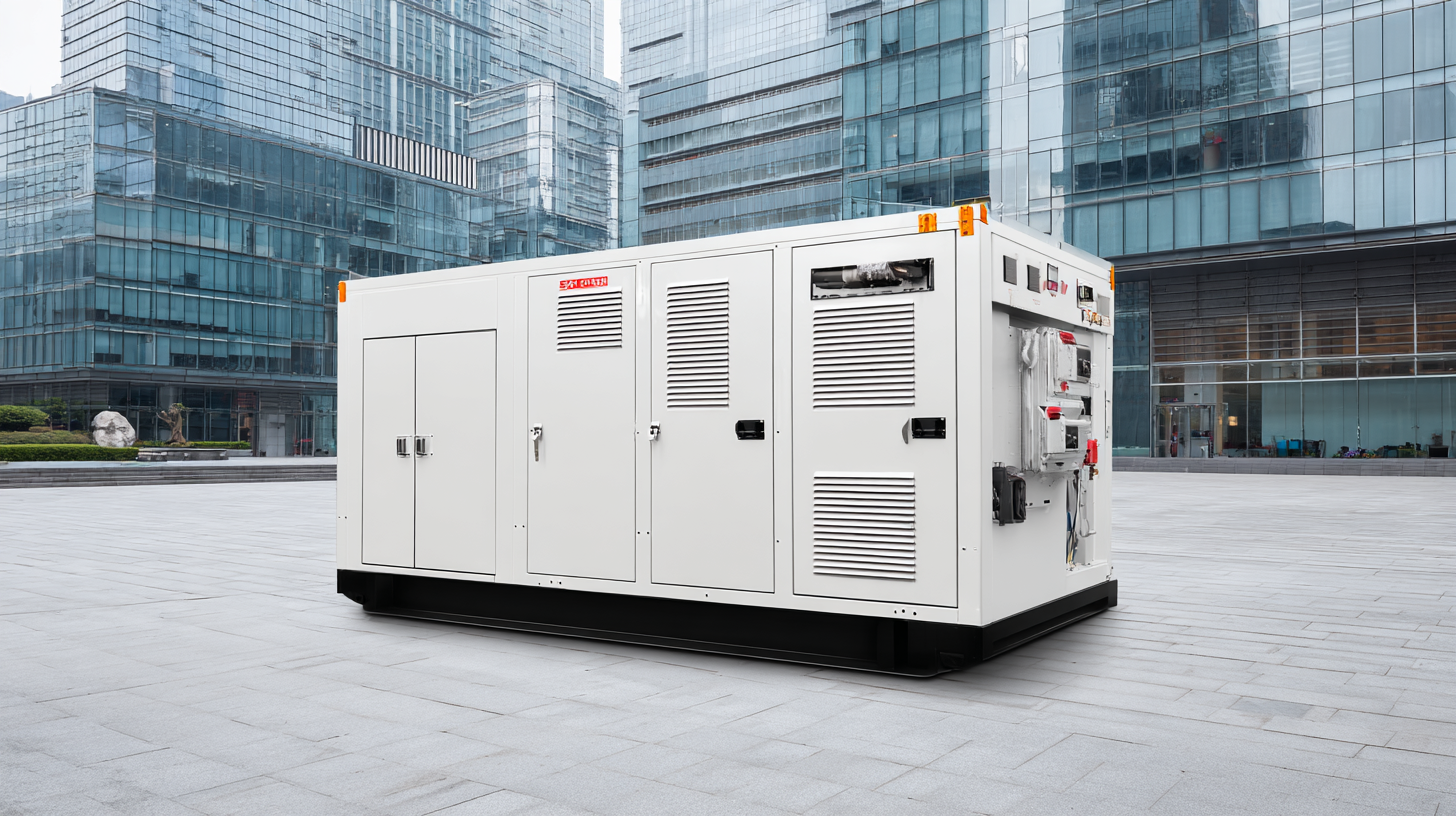
For example, if your home or facility has a total connected load of 25 kW, opting for a generator in the range of 30-40 kW is advisable to ensure adequate supply during peak demands while allowing some buffer for any unexpected power needs. Furthermore, the National Fire Protection Association (NFPA) recommends evaluating factors such as the type of equipment and starting requirements since some devices require up to three times their standard running load at startup. By taking these crucial metrics into account, you can select a standby diesel generator that not only meets your current needs but is also flexible for future demands.
When selecting a standby diesel generator, assessing fuel efficiency and runtime is critical to ensure that it meets your power needs effectively. Recent studies highlight the importance of integrating hybrid power supply systems that utilize diesel generators alongside renewable energy sources. For instance, a comprehensive analysis indicated that combining diesel generators with Battery Energy Storage and Photovoltaic systems can enhance the economic efficiency and environmental sustainability of power generation, particularly in mission-critical applications.
The runtime of diesel generators can vary significantly based on their design and fuel efficiency. In the case of some newer models, the runtime is noted to be exceptional, allowing for extended use during power outages without frequent refueling. Research has shown that integrating advanced fuel technologies can further improve the fuel efficiency of diesel engines, thereby reducing operational costs over time.
As the demand for reliable and economical power solutions increases, understanding these performance metrics becomes essential for both consumers and businesses aiming for sustainability and reliability in their energy supply.
When selecting a standby diesel generator, one of the critical factors to consider is the noise level it produces during operation. Noise can be a significant concern, especially in residential areas or locations near schools and hospitals. Generators can emit varying decibel levels, so it is essential to choose a model that operates quietly. Manufacturers often provide specifications for their products, allowing you to compare different models. Additionally, investing in soundproof enclosures or acoustic barriers can further mitigate noise pollution.
Another important aspect to think about is the location for your generator installation. The generator should be placed in a well-ventilated area, away from windows and doors, to minimize noise disturbance and ensure safety. Adequate space is vital for maintenance access and to prevent heat build-up. Furthermore, local regulations and zoning laws may dictate specific installation requirements, including distance from property lines and noise restrictions. Therefore, it’s beneficial to consult with a professional before finalizing the installation site to ensure compliance and optimal generator performance.
| Generator Model | Power Output (kW) | Noise Level (dB) | Fuel Tank Capacity (liters) | Weight (kg) | Ideal Location |
|---|---|---|---|---|---|
| Model A | 15 | 65 | 40 | 200 | Residential |
| Model B | 30 | 68 | 80 | 300 | Commercial |
| Model C | 50 | 72 | 150 | 500 | Industrial |
| Model D | 100 | 75 | 300 | 800 | Construction Site |
| Model E | 200 | 80 | 500 | 1200 | Data Center |
When selecting a standby diesel generator, it's essential to consider the maintenance and support options available to ensure optimal performance and longevity. Regular maintenance is crucial for preventing unexpected failures and ensuring reliable operation during power outages. Diesel generators require routine checks on engine oil, fuel filters, and coolant levels. Establishing a maintenance schedule with a professional service provider can help mitigate issues before they escalate, ultimately saving time and costs associated with repairs.
In addition to routine maintenance, having access to reliable support services is vital. This includes understanding warranty options and finding a provider that offers prompt technical assistance and parts availability. Some manufacturers provide comprehensive service contracts, which cover both preventive maintenance and emergency repairs. Choosing a generator from a reputable brand that offers extensive support will ensure you have peace of mind, knowing that professional help is readily available when needed. Investing in these services not only enhances the generator's performance but also extends its lifespan, making it a smart choice for your power needs.
